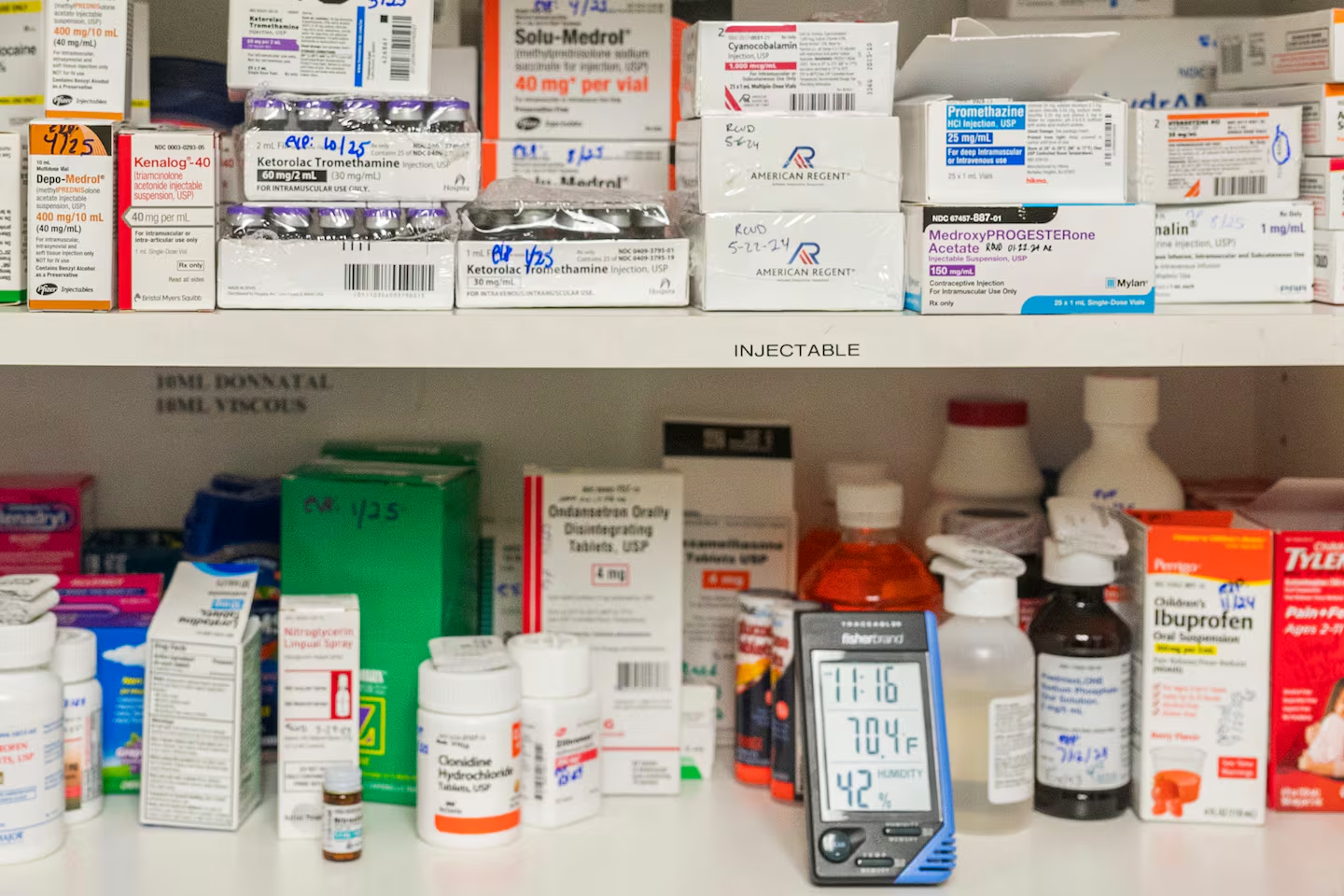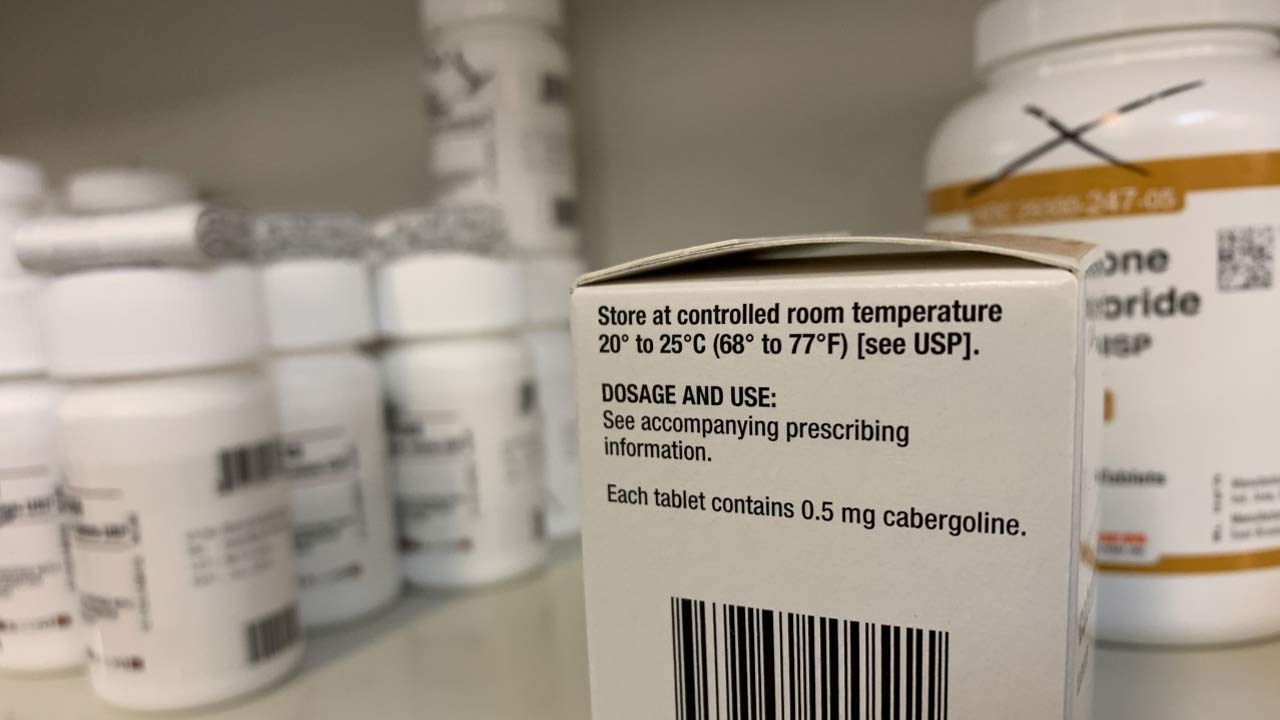Extreme heat can increase the risk of heat-related illnesses and amplify the side effects of many common medications. Medications like insulin, which require refrigeration, can be damaged in hot weather, and others like inhalers and EpiPens can malfunction.
Medicines delivered through mail can deteriorate due to high temperatures. These issues underscore the importance of understanding the impact of heat on medication and taking necessary precautions to ensure their effectiveness and safety.
Certain medications can cause problems when taken in hot weather. For instance, blood pressure pills that reduce blood fluid can lead to dehydration, while beta blockers can decrease blood flow to the skin, making individuals less aware of dangerous heat.

Some antidepressants can hinder the ability to stay cool, and over-the-counter pain relievers can lower fluid and sodium levels, exacerbating the effects of high temperatures. Combined with heat, these medications can cause lightheadedness and falls, with alcohol further increasing these dangers.
Staying informed about medication side effects and proper storage is crucial. The National Library of Medicine’s MedlinePlus website is a useful resource, and consulting with healthcare professionals can provide guidance on hydration and other precautions.
Keeping hydrated and not relying solely on thirst as an indicator is essential. Medications like antibiotics and antifungals can increase sun sensitivity, necessitating protective measures like wearing sunscreen and protective clothing.
When traveling, it’s important to store medications correctly. Medications should generally be kept in a cool, dry place, even if they do not require refrigeration. This can be challenging during travel, so using a cooler for car trips and carrying medications in a carry-on bag during flights is recommended.
Mail-order medications should be shipped in temperature-controlled packaging, but this is not always guaranteed. If a delivery arrives during extreme heat, it’s important to bring it inside promptly or report any damage to the pharmacy.
Further research is needed to fully understand the effects of heat on medications. While some warnings about heat and drugs lack strong scientific backing, adjusting behaviors such as avoiding heat exposure can be beneficial.
Researchers emphasize the need to identify which medications pose the highest risks in hot conditions, especially as climate change continues to intensify. This knowledge is crucial for developing effective strategies to mitigate the risks associated with medication use in extreme heat.
